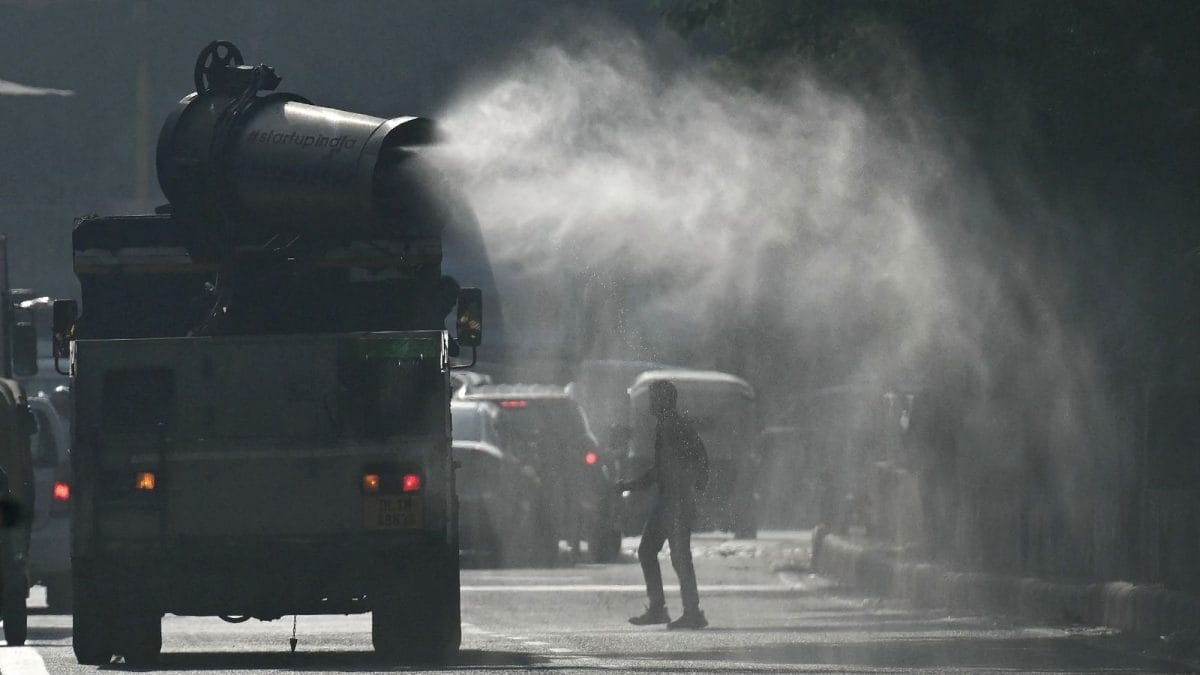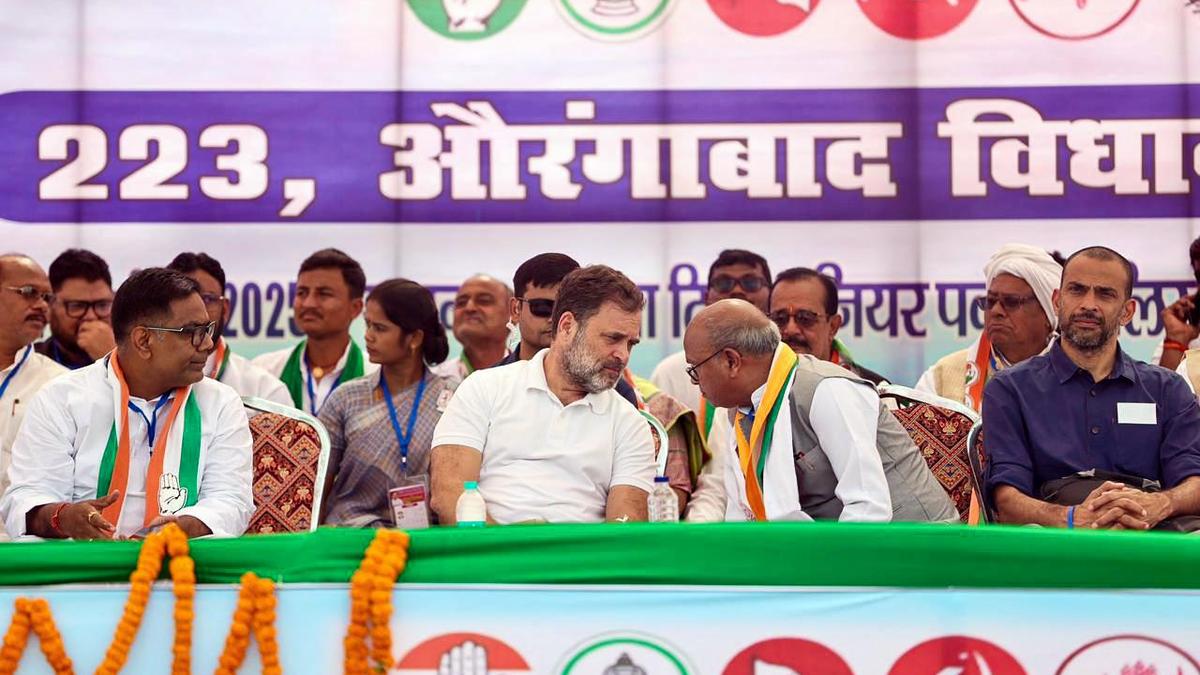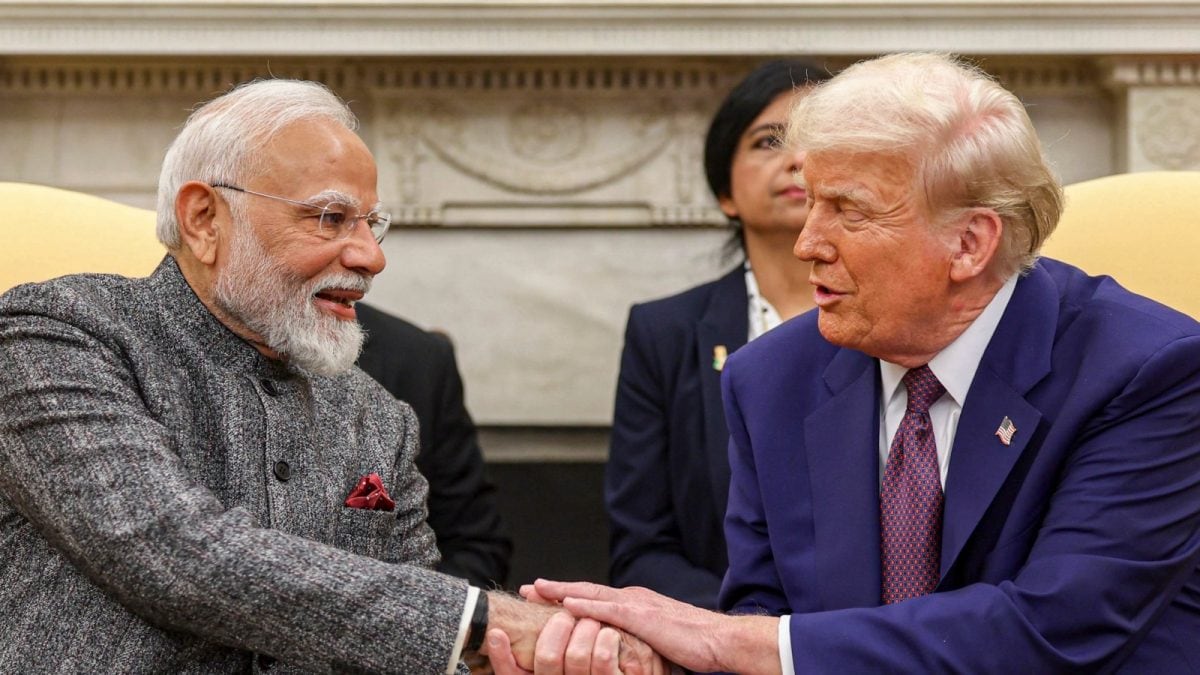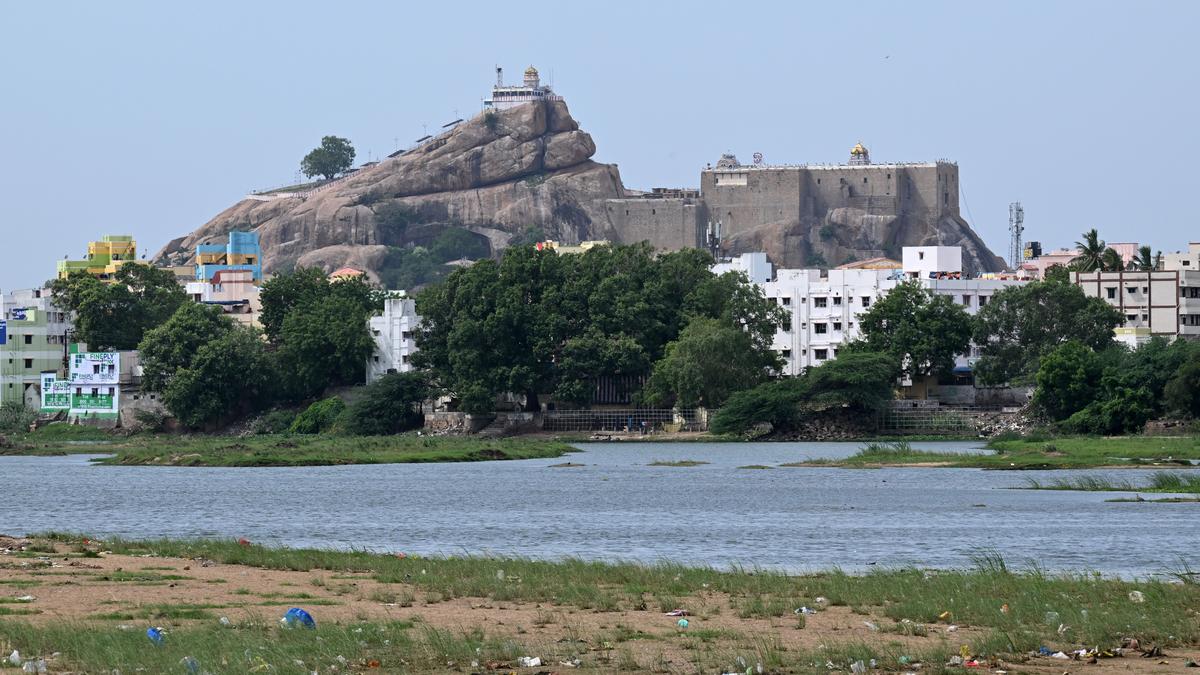When Kerala Chief Minister E.M.S. Namboodiripad visited Devikulam to take part in the Communist Party’s victory celebration for the 1958 by-election, he asked the organisers, “Evidayanu Pavalar Varadharajan?” (“Where is Pavalar Varadharajan?”). “When he went to the dais, EMS presented Varadharajan with a garland,” recalled Gangai Amaran, lyricist and music director and the youngest brother of Varadharajan. “I was 10. We were there with my brothers Bhaskar and Ilaiyaraaja, and my mother,” he said.
‘Cinematic setting’
The by-election was held in May 1958 after a court annulled the election of Rosamma Punnoose on a petition by her rival, B.K. Nair of the Congress, against the rejection of his nomination. The CPI had 60 members in the 126-seat Assembly and enjoyed the support of five Independent legislators. So her victory was critical for the Namboodiripad government. “As the plantation workers [in Devikulam] were mostly Tamils, the Communist Party organised concerts by my brother. He would perform in the yard where farmers gathered to segregate tea leaves. It was a cinematic setting, and his songs would echo through the hills,” said Gangai Amaran, who went on to sing, ‘Sikkikittu Muzhikuthamma Vekkamkatta Kalai Rendu’ (‘The two shameless bulls have been caught and they do not know what to do’). The ‘two bulls’ were the symbol of the Congress. Freedom fighter and Communist leader Mayandi Bharathi, who had accompanied Varadharajan during the by-election, recalled how women plucking tea leaves would rush to the spot where Varadharajan was singing. “When he was singing atop a jeep at Munnar, shop-owners, passengers waiting for buses, and people who had come to the post office came near our vehicle to listen,” writes Mayandi Bharathi in the book Pavalar Varadharajan Padaipukal, compiled by Sangai Velavan.
Pavalar Varadharajan was native of Pannaipuram in Theni district. He was not only a singer but also a songwriter and composer, who had a deep understanding of politics and literature, and his personality comes through in his writings. He was highly critical of former Chief Minister C. N. Annadurai’s works, and the article ‘Manam Kamazhu Solaikku Varamarukkirar’ (“He refuses to come to the sweet-smelling garden”) tears apart Anna’s Kambarasam and Romapuri Ranikal. Mayandi Bharathi also recalls the formation of a music troupe by Varadharajan to capitalise on his talent as a singer and his ability to attract crowds. “I suggested the idea to Varadharajan and it became a reality in 1959 at the farmers’ conference in Mayiladuthurai. Sankaradas, native of Pannaipuram, played the harmonium; a 12-year-old Alexander from Dindigul played the tabla; and Ilaiyaraaja, known as Rasaiya, beautifully rendered songs meant for female singers. People listened to them without going for lunch and encouraged them to sing more songs.” Subsequently, Ilaiyaraaja became the harmonium player and another brother, Bhaskar, played the tabla. Gangai Amaran rendered the songs meant for a female singer. “My debut performance took place at a Communist conference in Mumbai,” said Gangai Amaran.
‘Walked miles’
Ilaiyaraaja, who has contributed two articles to the book, says Varadharajan never had any doubt about what to sing. “I used to say our songs went to villages where even bullock-carts could not enter. It is not an exaggeration. We have 15 years of experience. I have walked many miles, village after village, carrying on my head the harmonium I still use,” Ilaiyaraaja writes. “People loved him. They laughed and cried with him,” he says. “Since the crowd would disperse after the concert, an announcement would be made that our concert would continue after the leaders completed their speeches,” said Gangai Amaran.
Pavalar had a deep understanding of classical music and the Tamil language, and Ilaiyaraaja has reproduced a song his brother composed in raga Shanmugapriya, based on a composition by Gopalakrishna Bharathiar, the author of Nandan Charithiram. Mayandi Bharathi says Ilaiyaraaja was also interested in painting, and he and Bhaskar would help in drawing the party’s propaganda posters. Varadharajan was also a member of the Madurai District Committee of the CPI. He joined the CPI(M) after the split in 1964. He wrote short stories, one-act plays, and a full-length play on Communist martyrs Sivaraman and Manavalan. “He trained his two sons, Jeevadurai and Stalin, for the roles of the children of Communist martyr Manavalan. He told me that his wife, Seeni Ammal, was ready to play the role of Manavalan’s wife, and his mother, Chinnathayee, that of Manavalan’s mother,” writes Mayandi Bharathi.
Gangai Amaran said Varadharajan would write songs based on the tunes of popular film songs. He rendered the song, ‘Subramaniam Soru Venum’, based on the tune of ‘Viswanathan Velai Venum’ from the film Kathalikka Neramillai. The song was addressed to the then Food Minister, C. Subramaniam, and Finance Minister T. T. Krishnamachari. There were also songs imitating popular Hindi numbers such as Mere Sapnon Ki Rani and Roop Tera Mastana. Unfortunately, no records of his performances survive, though Communist leader P. Jeevandham presented him with a tape-recorder he had brought from the USSR. “After his death, we handed over the tapes to the Communist Party.”
Gangai Amaran said his brother was upset because he was not part of the team of Communist leaders and sympathisers who made the film Pathai Theriyuthu Paar. His songs, however, were used in a couple of films for which Ilaiyaraaja composed the music: ‘Ottu Kettu Varvanganne’ in Agal Vilakku, ‘Solam Vethaikaiyile’ in Pathinaaru Vayathinile, and ‘Vaanuyaranth Solaiyile’ in Idhaya Koil. He said Varadharajan sold the vast acres of land his father had acquired. His mother never complained as she took pride in her son’s talents. He died at 43. One of his songs highlights his commitment to Communism: “I lost gold and goods for the party; I sold my goats and cows; I sold my beautiful house; I sold the Ashoka Vanam-like garden created by my father and mother.”

 1 hour ago
4
1 hour ago
4









 English (US) ·
English (US) ·